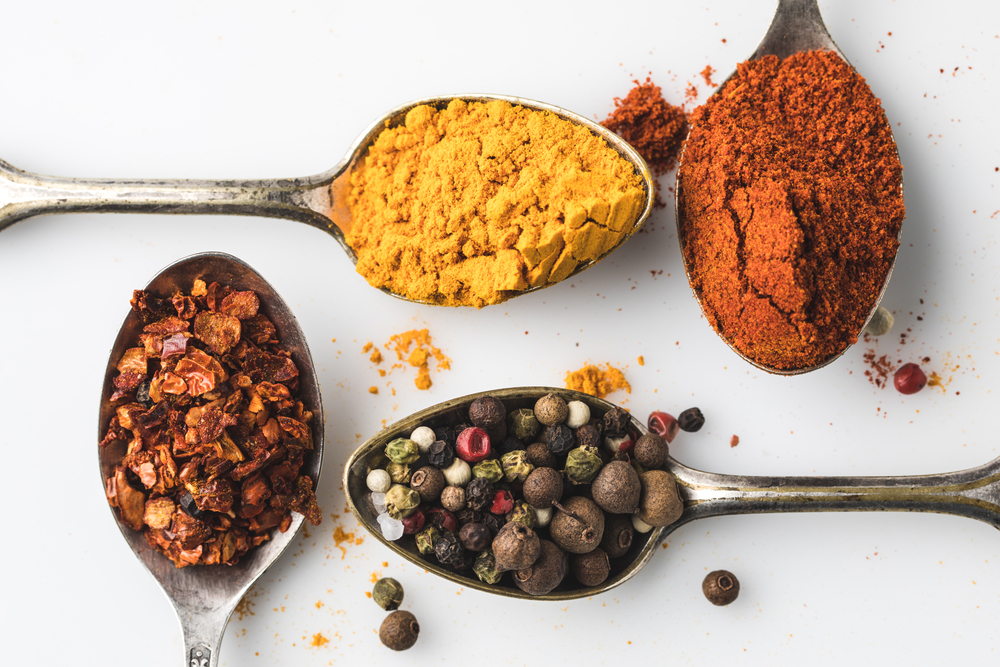Ask Ayurvedic doctor a question and get a consultation online on the problem of your concern in a free or paid mode. More than 2,000 experienced doctors work and wait for your questions on our site and help users to solve their health problems every day.
Autoimmune Disorders

What Are Autoimmune Diseases?
Autoimmune disorders comprise a diverse range of over 80 conditions, including type 1 diabetes, lupus, and multiple sclerosis. The immune system loses its ability to distinguish between the body’s cells and foreign entities, leading to attacks on organs or causing systemic conditions. Diagnosis is challenging due to varied symptoms and potential absence of external signs initially. Autoimmune illnesses often manifest with nonspecific symptoms like cough or fatigue. Managing these conditions involves adapting to factors such as food, seasons, and emotional stress, with a trial-and-error approach due to the complexity of the human system. Life before and after diagnosis significantly differs, requiring ongoing adaptation for well-being.
Don't wait or self medicate. Start chat with Doctor NOW
What Causes Autoimmune Disorders?
Despite the fact that the specific cause is unknown, researchers have identified risk factors that might trigger a latent autoimmune illness. Genetics has an important influence, although it is not always required. Some risk factors include smoking or other addictions, drugs that can cause autoimmunity, infection, the existence of one autoimmune disorder that can lead to another one in the future, and so on.

Prevention from Autoimmune Disorders
Prevention is needed if any of your family members are diagnosed with any of the autoimmune conditions. you can prevent them by avoiding:
- Cytotoxic drugs.
- Radiation.
- Neglecting infections; proper care of infection may avoid it from provoking the disease.
- And try to avoid a sedentary lifestyle, erratic sleeping and eating schedules.
- Harmonizing the Immune system
A healthy diet, a regular sleep pattern, and regular exercise all assist to lower the risk of not just autoimmune illnesses but also metabolic disorders.
What’s a List of Autoimmune Diseases?
Some common autoimmune diseases include:
Coeliac Fibromyalgia Goiters
HypoThyroidism Ulcerative Colitis

Treatment for Autoimmune Disorders in Modern Medicine
The majority of the condition is treated with symptomatic medication or hormone replacement therapy. Pain relievers, anti-inflammatories, antidepressants, insulin injections, plasma exchanges, rash creams and tablets, corticosteroids, intravenous immune globulin, immunosuppressants, and other medications are few examples. Your doctor will provide you with a comprehensive picture of the medications and dietary adjustments that are required for a better quality of life.

How Does Ayurveda View Autoimmune Disorders?
Every ailment, according to Ayurveda, is caused by a disruption in digestion, not just in the stomach but also at the cellular level. When digestion (Agni) is disturbed, malformed compounds are produced, which are collectively referred to as “Ama“. Ama can be created by a variety of factors, including incompatible diet (viruddha ahara), sedentary lifestyle, impeded Agni, and so on. Even if the meanings of these phrases cannot be completely related to current medical terms or contained in a sentence, in basic terms, disruption of agni can be correlated with metabolic dysfunction, and Ama can be understood as free radicals and ojas as immunity. Ojas is prepared from the finest essence that we can get from food. Ojas will be malformed if the digestion is hampered. Autoimmunity or immune deficiency illnesses can occur as a result of a malformed ojas. So autoimmunity comes under “Ojo vyapat janya vikaras“.
Which Parts of the Body Are Affected:
- Tissues
- Kidneys
- Muscles
- Joints
- Lungs
- Arms
- Nerves
- Thyroid
- Pancreas
- Eyes
- Legs
- Skin
- Blood Cells
- Immune System

Treatment for Autoimmune Disorders in Ayurveda
In Ayurveda, treatment for every disease starts from the correction of Agni.
- Deepana – Pachana i.e., improving the digestive fire and digesting the impurities like excess “dosa” and “ama”.
- “Sroto shodhana”. i.e., clearing the body channels for lightness and better functioning of the body
- “Rasayana” – it is for rejuvenation of the body.
This is a general protocol that may change according to your condition. Medicines for each stage will be decided by your doctor.

Why Choose Ayurveda for Autoimmune Disorders?
- Holistic Healing: Ayurveda takes a holistic approach, addressing the root causes of autoimmune disorders rather than just treating symptoms, promoting overall well-being.
- Personalized Treatment Plans: Ayurvedic practitioners tailor treatment plans based on an individual's unique constitution, ensuring a personalized and effective approach to managing autoimmune conditions.
- Natural Remedies: Ayurveda relies on natural remedies such as herbs, dietary changes, and lifestyle modifications, minimizing the risk of adverse effects often associated with pharmaceutical medications.
- Balancing Energies (Doshas): By balancing the three doshas (Vata, Pitta, Kapha), Ayurveda aims to restore harmony within the body, strengthen the immune system, and reduce inflammation associated with autoimmune disorders.
- Emphasis on Prevention: Ayurveda not only treats existing conditions but also focuses on preventive measures, promoting habits and practices that contribute to long-term health and well-being.
- Mind-Body Connection: Recognizing the interconnectedness of mental and physical health, Ayurveda includes practices like yoga and meditation to address stress, positively influencing immune function and autoimmune responses.

Ayurvedic Wellness for Autoimmune Disorders at Alveda
Alveda offers personalized Ayurvedic wellness programs to address autoimmune disorders, promoting holistic healing through our Online Consulation Platform. With ancient Ayurvedic practices, tailored diets, and herbal therapies, Alveda aims to restore balance in the body, strengthen the immune system, and alleviate symptoms. Expert practitioners at Alveda use a combination of Ayurvedic principles and modern diagnostics to create individualized treatment plans, emphasizing lifestyle modifications and natural remedies. With a focus on mind-body harmony, Alveda strives to empower individuals on their journey to manage autoimmune disorders effectively and enhance overall well-being. Experience the transformative power of Ayurveda at Alveda for a balanced and rejuvenated life.

